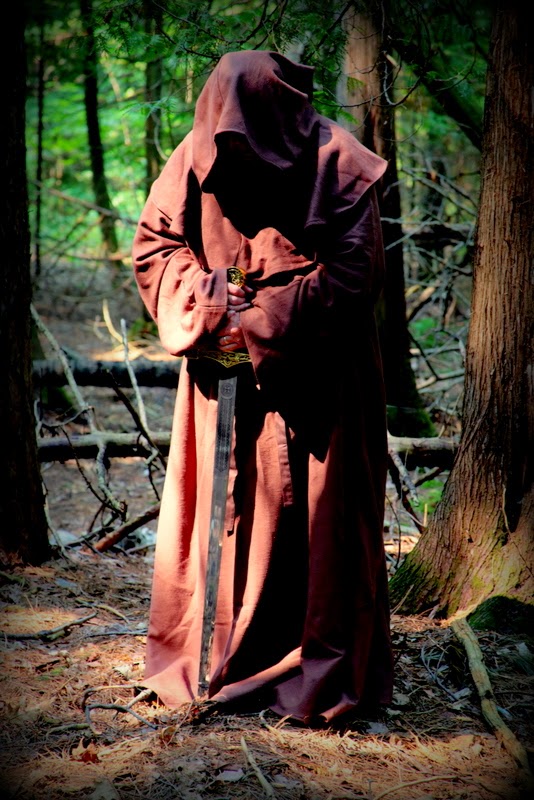Second guessing is my new pastime
This past month has been an interesting and educational one
for me. My novel, The Excalibur Parchment, was published in November and I have
been busy doing launch parties, book signing events, interviews and the like.
It’s been interesting and education since, for once, the
product I am marketing and publicizing is ME! Up until now, I have been
involved in PR campaigns and media stories for others—individuals,
organizations, causes, campaigns, events and the like. Never before have I had
such a stubborn client unwilling to listen to advice such as me! I second guess
myself all the time. I like one idea, only to fob it off the next day. I agree
with myself that a particular campaign or release or communication would be
idea…but who’s going to do it? I am too busy with other things!
In spite of my intransigence, it has been a busy month. Book signings have proved very interesting. I
am grateful to all who bought the book but I am especially grateful to those
who asked “what’s the book about?” It has made me focus on the core story and
forced me to stop wandering down the laneways of side stories, back stories and
irrelevancies.
One bookstore owner looked at me with scepticism. She was worried that it would be too preachy
for her secular store. I gave her a copy to read first. Her enthusiasm
(“Gripping read; this will be an easy sell”) elevated my own confidence in the
book. Since then, rave reviews on Amazon in the US and Canada have made
comparisons between my writing style or the plot to some of this generation’s
top thriller-suspense novelists. Gratifying but also scary! How can I live up to expectations if others
read the reviews, then buy the book but don’t feel the comparisons are justified?
Like I said, second guessing myself has become the plot du jour this month. A
psychologist would have a field day inside my head. (Come to think of it, what
would make this month any different for him?)
The busyness has also pulled me away from the middle of book
two of the trilogy. Guilt sets in as I push to market #1 while neglecting
completion of #2 and initial plotting of #3. I second guess myself all the time
as to where I am placing my emphasis and am I stretching myself too thin. So
far, my answers depend upon my mood of the day, the weather, position of the
moon and the conjunction of the stars. In other words, I am all over the map on
these issues on a daily basis. But above it all, I am confident in one thing. I
believe strongly that God led me to write this book and that my own puny
efforts to market pale into insignificance with what he has planned for me. It
is humbling to realize that while he expects me to work hard at all aspects of
this project, the ultimate success is his, not mine; the glory is to him, not
me.
I have also been encouraged to break out of the bookstore
milieu. Many bookstores, particularly
Christian ones unfortunately I find, are uninterested in working with authors
to build traffic in their stores. The effort is too much for them. They’d
rather just sit back and hope that people come in and buy. That’s okay for
major chains like Chapters, but surely smaller bookstores need to be creative
and work harder to build traffic, not sit by passively and hope. Thankfully, my local bookstore owner is forward thinking and was a delightful (and delighted) host for a book signing.
So I did a book signing at a coffee house in downtown
Toronto and had a great reception there. (Plus I didn’t have to supply goodies
and drinks). One lady spent a long time drilling me for information on how she
could get her own book on budget travel for single women published. I offered
my advice and we talked some more. She left without buying my book, but she
left happy and encouraged which is just as good. The coffee store experience
was so positive I am looking forward to doing similar events at other non booky
locations in the New Year. So the first
month has been, as I said, interesting and educational. It has also been
humbling and provocative, challenging and exhausting. All in all though, I am
gratified for all the experiences and conversations.
But now it’s time to slow down, sip some eggnog and enjoy
the Christmas season. The Excalibur
Parchment, The Lucifer Scroll and The Madoc Treaty are waiting for me in the
New Year. No doubt I’ll second guess this decision then, but in the meantime
its carols and Christmas trees, stockings and surprises for me. Happy holidays!
